Cardiac surgeon Samer Nashef talks with writer Carl Shuker about risk, mistakes and how heart surgery has changed in this highlight from the 2020 New Zealand Festival writers' programme.
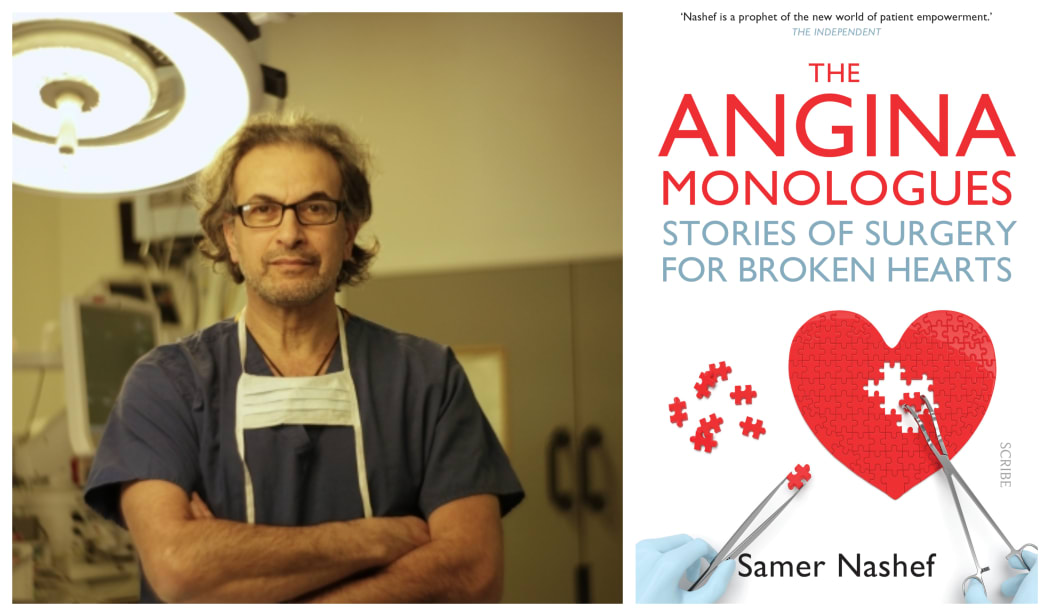
Samer Nashef Photo: supplied / scribe
Cardiac surgeon Samer Nashef is author of The Naked Surgeon and The Angina Monologues – memoirs that describe life inside the operating theatre: from emergency surgeries to operating in the Palestinian West Bank.
What do you draw upon when faced with life and death situations? What does risk mean? And what advice might a cardiac surgeon give to those going under the knife?
Samer talks illuminatingly about a career devoted to improving clinical practice, and research projects which have sometimes unsettled his colleagues opposed his push towards reporting and transparency.
In this conversation, he speaks with Carl Shuker, whose novel A Mistake explores the story of surgical misadventure.
Samer Nashef:
Part of the reason I write these books is to help people be more informed so they can ask the right questions. The days where medicine was practised along the lines of the kindly doctor putting his arm around you and saying, "I know what's best for you, my good man," and you accept the treatment, have gone.
People have heart operations for two reasons - to feel better, and to live longer. So you need to know what the operation going to do for you in those two respects. So if you're so short of breath you can't climb one flight of stairs and the operation gets rid of these symptoms for you, then you can ask, "Okay, that sounds good, what's the risk of death?" You can measure the risk versus the benefit, and then you can decide whether you want to have the operation or not.
Doctors who do not explain all of that stuff to patients honestly are failing in their duty, and any consent that the patient gives would not be not valid, because it's not properly informed. I think the vast majority of patients are perfectly capable of making decisions. You must have heard the adage "No decision about me without me." You need to have your say in medical treatment. I certainly would want that if I were a patient, so I don't see why other people shouldn't get it.
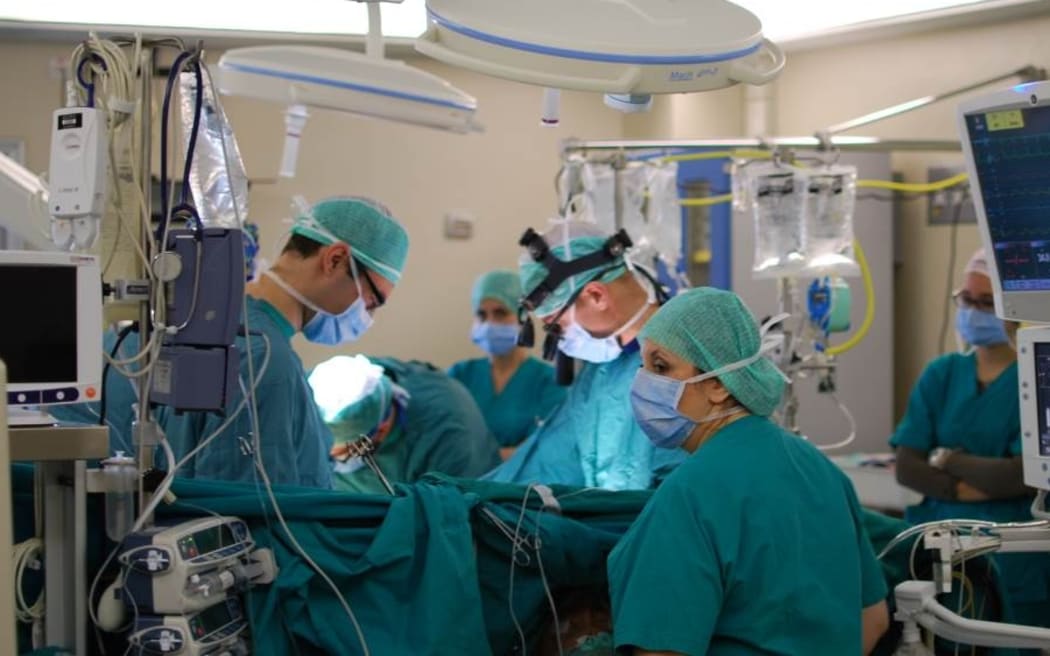
Cardiac surgery in progress Photo: Wikimedia Commons / Pfree2014
Carl Shuker:
I was reminded of a book which describes a medical student going working with two different surgeons. They had nicknames: one was called the Raptor. And the Raptor was technically brilliant, but an absolute disaster by the bedside, where he was horrible and alienating and cold. The other one was called Hodad, which stood for "Hands of Death and Destruction." But Hodad was beloved.
Samer Nashef:
He had a very good bedside manner.
Carl Shuker:
And you tell a similar story in this book about in training in the USA when the focus was "let's do more tests."
Samer Nashef:
The Swan-Ganz catheter.
Carl Shuker:
And this particular surgeon creates complication after complication. A hernia turns into an infection. Then at the end of that, the patient wants a photograph with his hands around the doctors because he loves them.

File photo Photo: 123RF
Samer Nashef:
You've highlighted two things. I mean, the first one is bedside manner and confidence and trust. I think it's important, but you know, I don't think it's that important. I don't think you necessarily have to be very kind and friendly.
Carl Shuker:
Don't you?
Samer Nashef:
I think it's more important, to be honest. I sometimes appal the medical students who sit with me in the clinic because I want to explain to people as honestly and as bluntly, and in as plain language as possible, what the situation is. So if for example, I'm seeing a patient who has chest pain, angina and breathlessness - but their heart is in good condition - it's possible that an operation would get rid of that angina because it sorts out the coronary problem.
But the breathlessness? Well, it all depends. It could be coming from the coronary problems. But it could also be coming from lots of other reasons. And I actually use words like "I can get rid of your pain. As for the breathlessness, if it's due to the heart it will get better. But if it's because you're old, fat and unfit, then it will not." And I see the medical students blanch and they think I'm going to get sued but it is true. You have to be honest with people.
Carl Shuker:
How do we as patients know that surgeons are good? Your 2012 book The Naked Surgeon talks about transparency of data, and this is a subject where you were an absolute pioneer in this field. So, two years after you published your book in the UK, the mortality and complications rates of the individual named surgeons in 14 different specialties were published on a website.
Samer Nashef:
Absolutely. That is part of informed consent. Total transparency means all the data that everybody has is published for anyone to look at. This is is good, and it definitely improves outcomes and it acts as a spur for those units or doctors who are not doing as well to pull their socks up and try to be better. But it does have pitfalls. Surprisingly, sometimes it can actually be damaging to the patient, not just to the doctor.
There are a couple of things that definitely happen when you have total transparency and you publish everything. One of them is there is conscious or subconscious gaming in order to make results look better. And that can result in decisions which may not be in the best interest of the patients.
And the second one is that doctors become a little bit risk-averse and shy away from operating on higher-risk patients, because they are caring more about their figures and how they're going to look to the outside world, than caring about the patient in front of them. And that definitely happens and we have proven that it happens. But we will have to find ways of dealing with these, if you like, perverse incentives that arise from publishing outcomes.
About the speakers
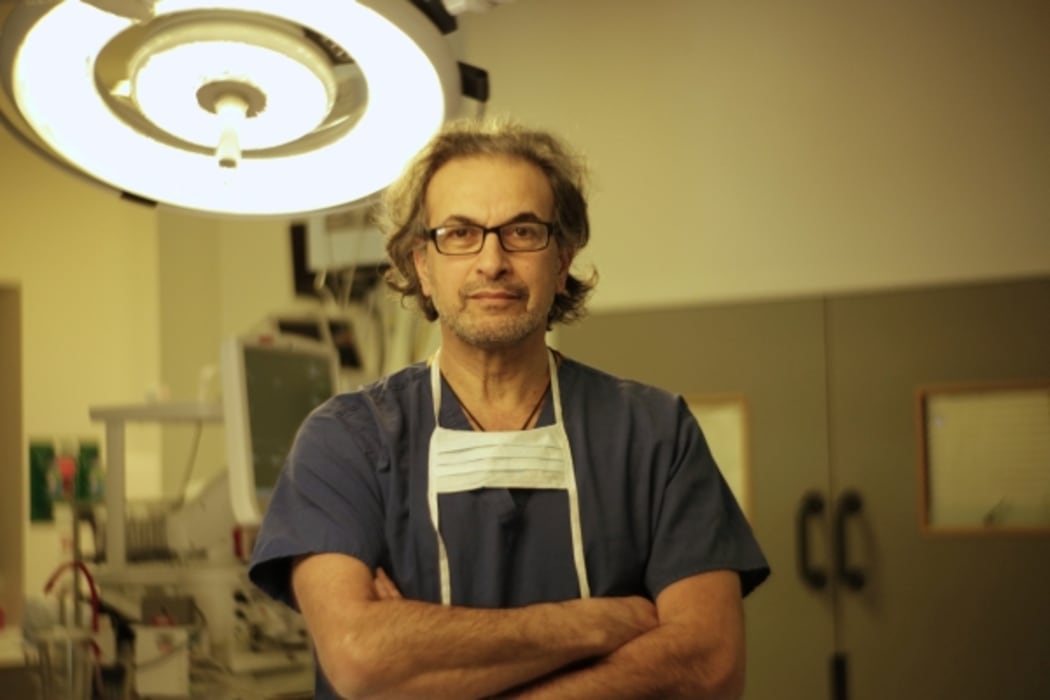
Samer Nasef Photo: supplied
Samer Nashef
Samer Nashef qualified as a doctor at the University of Bristol in 1980 and is a consultant cardiac surgeon at Papworth Hospital in Cambridge. He is a dedicated teacher and communicator and is recognised as a world-leading expert on risk and quality in surgical care. He is the author of The Naked Surgeon and The Angina Monologues and a compiler of cryptic crosswords for The Guardian and the Financial Times.
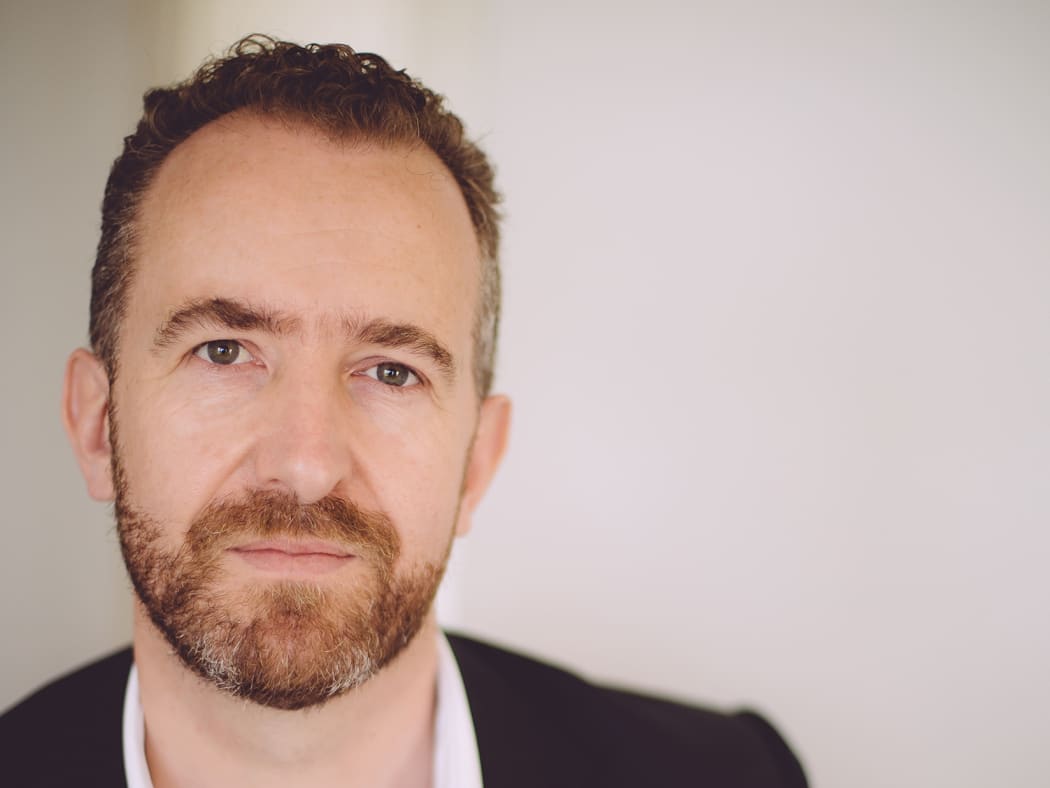
Carl Shuker Photo: Ebony Lamb Photography
Carl Shuker
Carl Shuker is the author of A Mistake and four other novels: Anti Lebanon, Three Novellas for a Novel, The Lazy Boys, and The Method Actors. He is principal adviser, publications at the Health Quality & Safety Commission and lives in Wellington with his wife Anna Smaill and their two children.
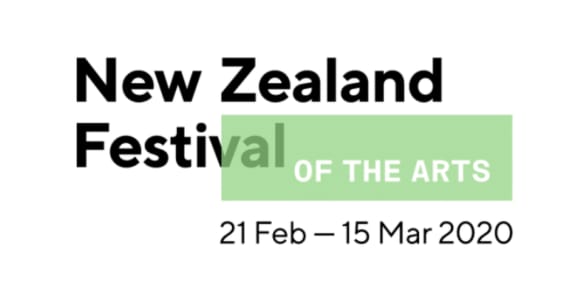
Photo: NZ Festival of the Arts
This audio was recorded in partnership with the writers’ programme at the 2020 New Zealand Festival of the Arts

